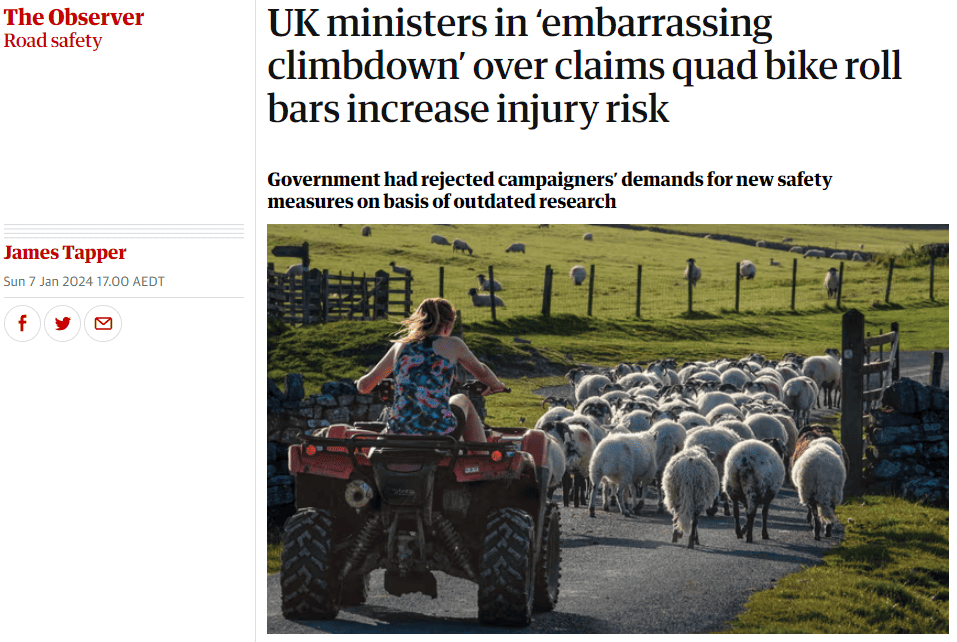First, there was brainwashing, then greenwashing and safewashing. Could the well-being industry be accused of safewashing? Has well-being had its day in the sun?
The first use of safewash to describe presenting occupational health and safety (OHS) information in a diffused truth was in the 2016 research paper by Sharron O’Neill, Jack Flanagan and Kevin Clarke, called “Safewash! Risk attenuation and the (Mis)reporting of corporate safety performance to investors” (abstract/summary available). It has turned up elsewhere since.







